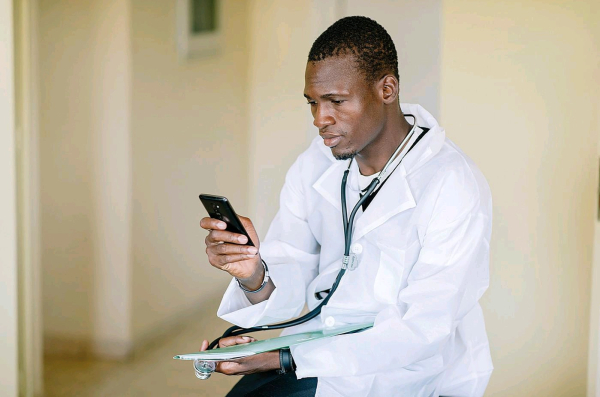Digital health systems are expanding rapidly in Sub-Sahran Africa, democratizing access to healthcare for millions of people. However, as it is not sufficiently financed, the sector is still growing to its full potential.
The Global Fund to Fight AIDS, Tuberculosis and Malaria and its private sector partners recently set up a US$50 million catalytic fund to support the digital health sector in Sub-Saharn Africa.
The fund, called Digital Health Impact Accelerator (DHIA), was announced during the Africa HealthTech Summit held in Kigali, Rwanda, on the sidelines of the Second International Conference on Public Health in Africa (December 13-15, 2022).
The fund “will help further strengthen regional and global data systems and surveillance capacity for data-driven decision-making, enable better patient care, and transform millions of lives,” said Country Technology Services Manager at the Global Fund and Lead for the DHIA.
“The Global Fund has played a key role in strengthening digital health systems and health data in low- and middle-income countries since its inception. These tools are critical to defeat infectious diseases and prevent future health threats,” he added.
Indeed, digital health is not yet fully developed and exploited in Sub-Saharan Africa. The coronavirus pandemic helped stimulate the segment and, since then, innovative e-health initiatives have multiplied. Same for the number of cell phone users. The GSM Association estimates that by 2025, there will be at least 634 million mobile users in Sub-Saharan Africa. The figures prove that digital technologies have already taken an important place in residents’ lives. Those technologies will also change habits in how they access healthcare in the near future.
Through the DHIA Catalytic Fund, the Global Fund and its private partners aim to “support countries to accelerate and scale up digital health solutions through more widespread internet access, strengthened information systems for data sharing, extensive use of mobile technologies, patient-centric digital tools, and unique patient IDs, among others.”
Samira Njoya



















